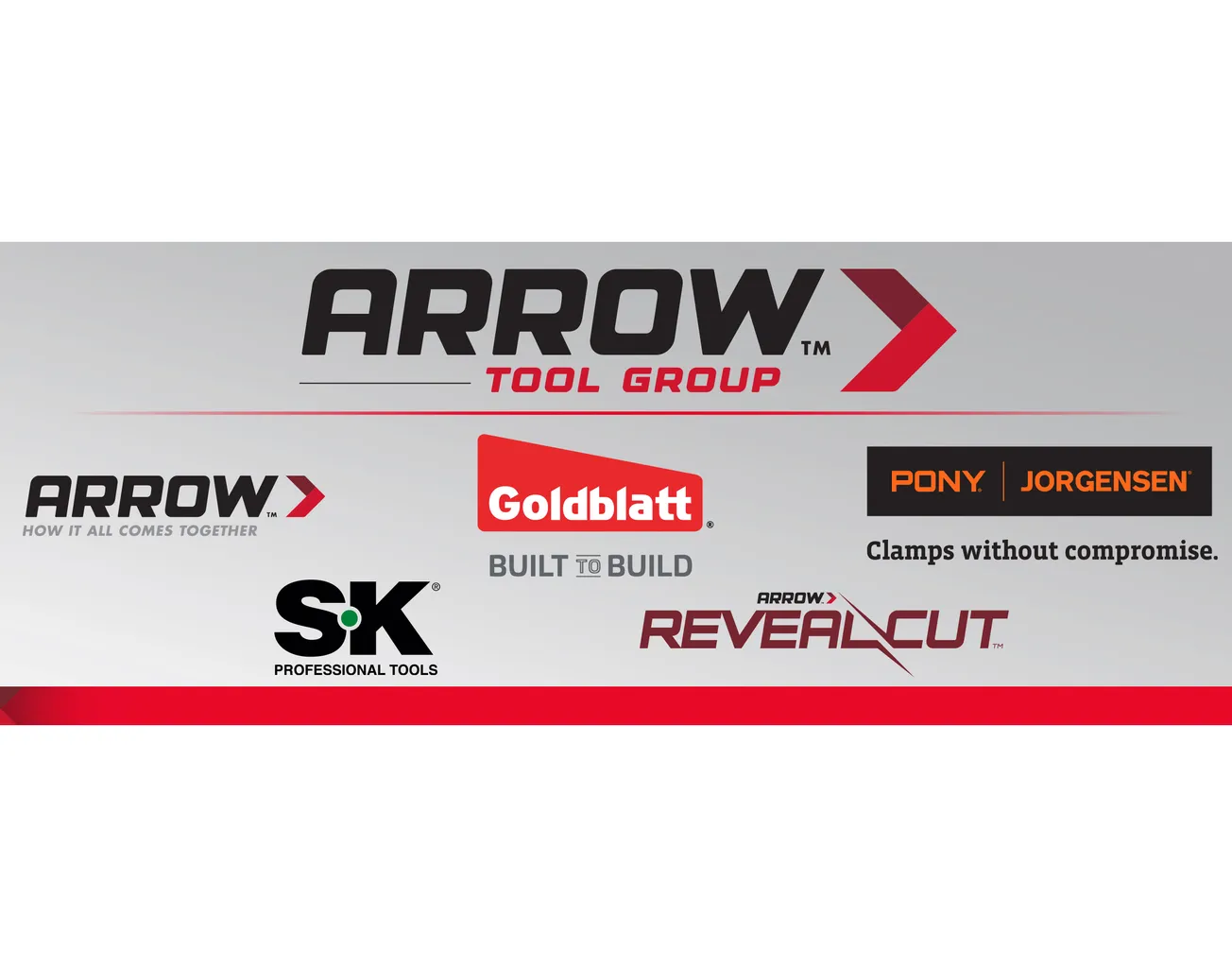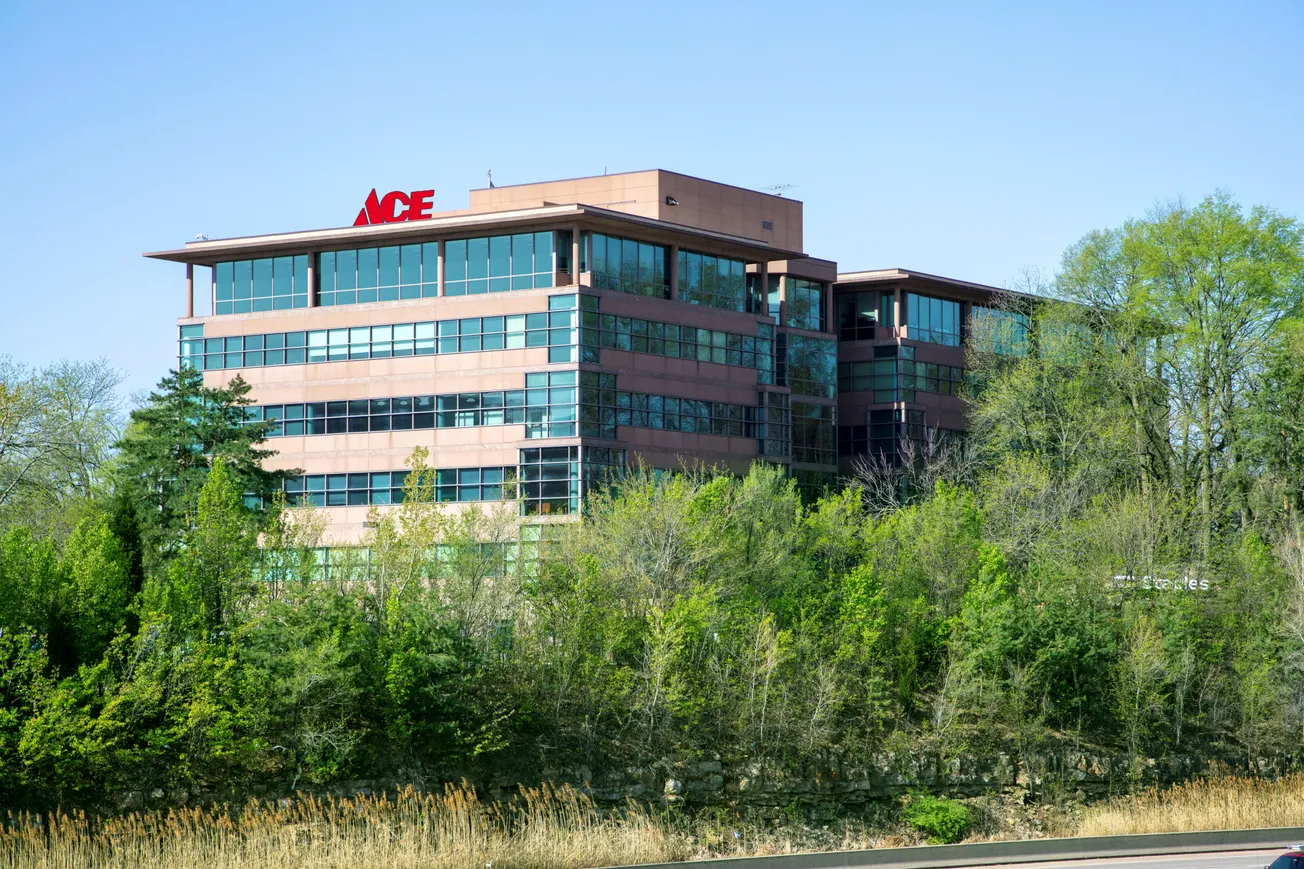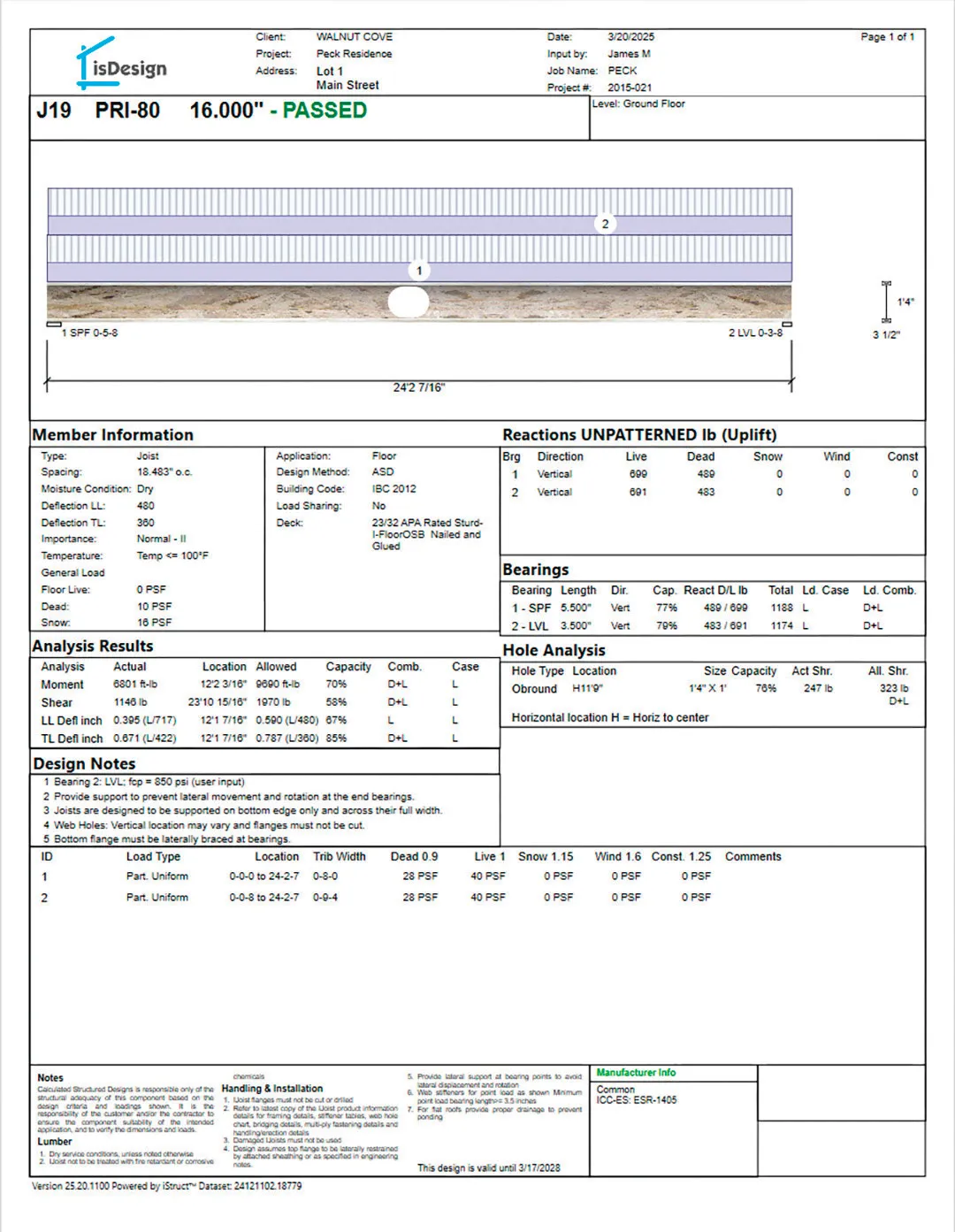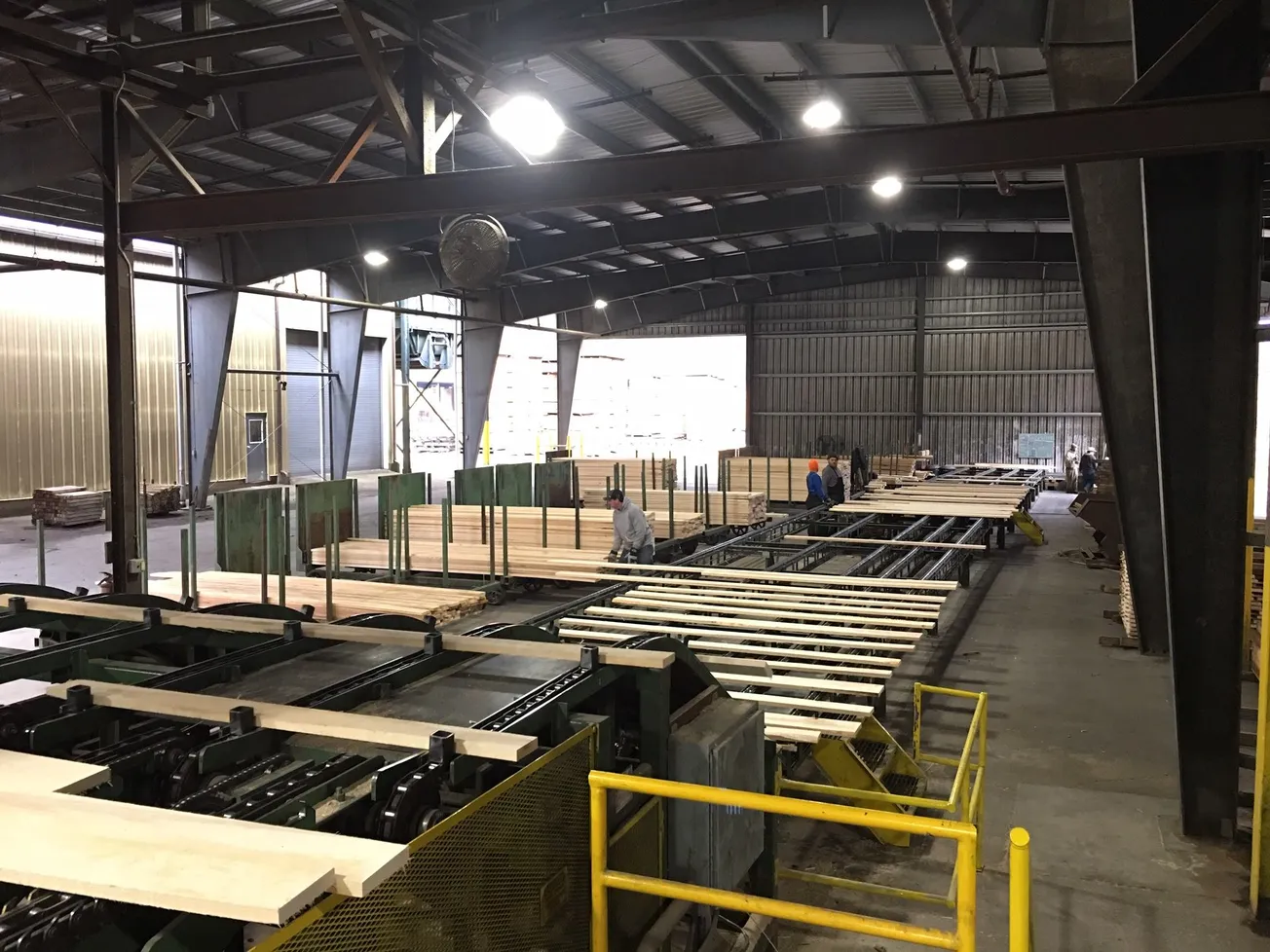Table of Contents
“A block from the Ferris wheel,” the boss directs me on the phone. For the first time since the inception of this column, I’m en route to learn about a lumberyard in Minneapolis, my own hometown.
Oh yeah! Everybody knows where to find the Ferris wheel: the glitzy centerpiece of the city’s trendiest—and funkiest—nightclub, where Millennials sip umbrella drinks while spinning on a repurposed carnival wheel, sending tweets and shooting selfies as they guzzle their retro cocktails.
But… Siwek’s? It’s the antithesis of trendy. Its phone-hold message invites folks to visit “an old-fashioned lumberyard,” like lumberyards used to be. Siwek Lumber & Millwork, Inc. has been in business 84 years. Three generations, going on forever. It anchored this neighborhood long before those kids showed up in Beamers—back when owning a battered truck meant you could deliver coal and scrap firewood to neighbors clutching their blue collars to try to keep warm and outlive the Great Depression. And that’s exactly how Siwek’s started.
Grandpa Joe (recounts grandson Dave Siwek, VP, who’s now a grandpa himself) headed west from Ellis Island to Minneapolis back in 1933, to where relatives from the Old Country told him the Polish community was welcoming, here on the northeast side of town. With a new wife and newer baby, Joe Junior, to care for when he lost his railroad job during the Great Depression, Joe didn’t line up for a handout. He started his own business.
Joe, with his former employer’s permission, began dismantling disused boxcars to sell as firewood. He also scavenged loose coal from along the tracks and sold it in the ’hood from the back of his truck. This got the young family through the years of World War II, after which folks could now afford to heat their homes not with scrap wood and coal droppings, but with natural gas. So, time to adapt once again, and Joe did just that. By 1947 Siwek Fuel and Lumber was born, adding the lumber, plywood and insulation newly-prosperous neighbors needed to fix up basements, build garages and even weekend lakeside cabins.
Joe Junior, who served as president until his passing last month at age 84, took the helm in the booming ’50s and ’60s, adding new “miracle products” like sheet paneling, pourable insulation, aluminum storm windows, and gypsum board. He added hardware to his lineup and sold Minnesota Paint, “a big deal in the ’60s and ’70s,” Dave relates. And back then (just as today), you needed big deals to stand out from the competition. “There were 13 lumberyards within five miles of us.”
Millwork was another big deal, a sizeable operation Siwek added to manufacture its own windows and hung doors. And it remains a mainstay of the present business, which was bursting its seams on that two-acre stretch of the neighborhood, despite several expansions after fires took their toll. So, when a property anchoring 13 acres in the small town of Jordan, half an hour southwest of the city, became available in 1989, the Siweks purchased it to serve as a distribution center to solve its storage problems. There, they added a sawmill to serve both locations.
Storage at the mothership is facilitated by two covered, clean and modern buildings that Dave walks me through back at the Minneapolis site—all sorts (and I do mean all sorts) of dimensions and species line the pair of vast warehouses, but they simply represent the tip of the arboreal iceberg. Siwek does a strong trade in buying close-outs and also complete inventories when yards face bankruptcy or simply close their doors. “We’ve got a presence on eBay,” Dave notes. And his shoppers love-love-love his carloads of (trendy) distressed wood and live-edge boards. “We can buy in big quantities and get good volume pricing,” he notes.
Customers consider these offerings well worth the drive, and head his way, says Dave, from a circle of the surrounding hundred miles. And beyond. “A man just walked in from Canada.”
Yet, as another Minnesota boy pronounced in song, the times, they are a-changin’. And so is Siwek’s customer base. More walk-ins. “People today,” notes Dave, “are into [home improvement] projects—new trim, replacement windows, hardwood floors,” and replicating the fancy millwork of the vintage houses they’re industriously reclaiming. Thus the DIYer now represents 40% of Siwek’s business. Contractors contribute another 30%—including small builders who put up four or five houses a year in the under-$500,000 range. “We’re having a boom! New construction is back, big time!” says Dave with a grin.
Not that the outfit’s business ever receded during the recent recession. “2006 was our best year ever. As my dad says, ‘When times are good, we do good. And when they’re bad—even better!’ That’s because then, people are out looking for deals.” And deals are Siwek’s forté and have been ever since founder Joe started out, breaking down boxcars: distressed, mis-handled, bankruptcy lots, you name it.
But the operation also supplies the finer grades many a builder covets. In fact, one framer told the developer he works for, “I never have a problem with Siwek’s lumber. Get your stuff there.” And they do. “These pros come to us because we’ve been in business 84 years and three generations. Those contractors are often third-generation customers, too. Plus, during the recession, when they were desperate for work, we backed them up and used them, ourselves, for projects. And they remember that. Now, we’ve become a little more strict with credit, but we still do business the old-fashioned way, with a handshake.”
But what about the big boxes? Dave has a ready answer. “Shop at Menards? That’s the best thing that could happen for us. Those customers come right back here, swearing, ‘Never again!’ and moaning that ‘it cost me 25% to deal with them.’ Plus, lack of service. Here, they get better information and get in and out quick, which they love because their time is money. And if there’s a problem, we’re on it. For instance, if they need a truss repair, we’re there within 24 hours.”
An additional 30% of business comes from commercial customers—big outfits like steel companies, box manufacturers, and exporters. Then, over in rural Jordan, Mn., the ag business adds another flavor—a whole different clientele in need of pole buildings. (Dave claims bragging rights about supplying the material for the Ag-Star Arena at the State Fair.)
For those readers who came in late, let’s underscore the mantra that made this business a success: diversification. “We don’t put our eggs in one basket,” Dave makes clear—millwork, close-outs, sawmill, pole buildings, a presence on eBay, and the list goes on. The only downside with that business plan, he allows, is when it comes to hiring and training staff. The wide diversification “is hard to understand, to grasp—really a struggle. It can be overwhelming.” But what they do connect with is the work ethic: “I’ve never asked anyone to do anything I wouldn’t do or haven’t done myself—hop in a semi, fill in out in the yard.”
And although the recession didn’t hurt business as it’s done elsewhere, it did create a new way of thinking. As Dave sees it, “Those aged 30 to 40 had never experienced bad times. Now, there’s a whole new generation that’s cautious, that’ll think twice. We see a slice of that….”
But Dave, sister Pat (secretary/treasurer), and brother Tom (GM) have been around that block before and aren’t worried. There’s staying power, for one thing: in the Twin Cities of Minneapolis and St. Paul, only three yards—count ’em and weep for the dearly departed—are still doing business today. Folks will always need a lumberyard, and Siwek fills the bill, using the tagline “How a real lumberyard should be”—an old-fashioned, family business. And that’s something even those foolhardy folks on the nearby Ferris wheel can trust.









